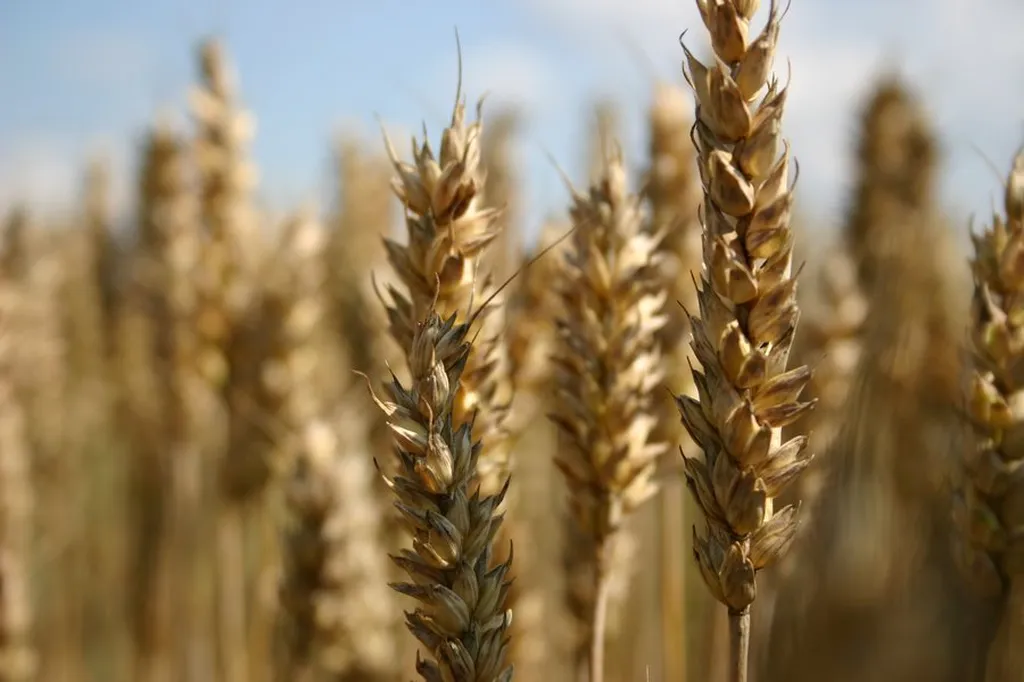In the face of escalating global warming, drought poses an ever-increasing threat to wheat production, a staple crop that feeds billions worldwide. Yet, a glimmer of hope emerges from a recent study published in *Frontiers in Plant Science*, which reveals how a beneficial fungus, *Trichoderma simmonsii*, can mitigate drought stress in wheat plants, potentially revolutionizing sustainable agriculture.
The research, led by Julio Ascaso, delves into the intricate biochemical and transcriptomic responses of wheat plants to *Trichoderma* treatment under varying irrigation conditions. By inoculating wheat plants with *T. simmonsii* T137 and subjecting them to water stress and subsequent recovery, the scientists uncovered a fascinating interplay between the fungus and the plant’s stress responses.
“Our findings indicate that *Trichoderma*-treated plants exhibit a minimal activation of the water stress response,” Ascaso explains. This is evident in the downregulation of genes responsible for the biosynthesis of abscisic acid, osmolytes like proline and trehalose, and non-enzymatic antioxidants in *Trichoderma*-treated plants under water stress. The study also found that Rubisco genes, crucial for photosynthesis, were upregulated in *Trichoderma*-inoculated plants, regardless of the irrigation condition.
The commercial implications of these findings are substantial. As drought conditions become more prevalent due to climate change, farmers are in dire need of sustainable and effective solutions to protect their crops. *Trichoderma* spp. present a promising avenue for enhancing wheat’s resilience to water stress, potentially leading to increased yields and reduced economic losses for farmers.
Moreover, the study’s insights into the specific transcription factor genes that are differentially expressed in *Trichoderma*-treated plants under water stress could pave the way for targeted genetic engineering or breeding programs aimed at enhancing drought tolerance in wheat and other crops.
Ascaso’s research, affiliated with an undisclosed institution, offers a beacon of hope for the future of agriculture in a changing climate. By harnessing the power of beneficial fungi like *Trichoderma simmonsii*, farmers may soon have a powerful new tool in their arsenal to combat the devastating effects of drought and ensure food security for a growing global population. The study’s publication in *Frontiers in Plant Science* underscores its significance and potential impact on the agricultural sector.

